I'm trying to match lines that doesn't end with either . or ! and doesn't end with either ." or !" so it should match both
say "bye"say "bye
but shouldn't match:
say "bye.say "bye!say "bye."say "bye!"
I tried using positive and negative lookahead, trying to use them as AND as suggested in Regex AND operator, but I can't make it work, nor I'm sure it's feasible with lookaheads.
